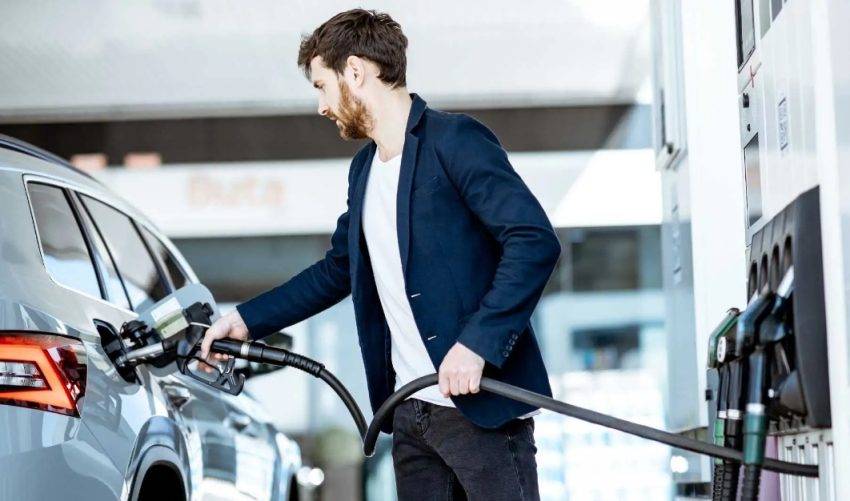Reduction of Fuel Sales Through Electrification: Data from UK, India and the International Energy Agency
The shift to electric cars and energy transition are driving the promise of clean air and a healthier planet, and the impact on fossil fuels can already be seen. How much are electric vehicles impacting the future of gasoline, diesel and coal?
Experts from Bloomberg, Reuters, and IEA present evidence of electric cars impacting fuel sales, based on data from 2022 sources such as SMMT and UK’s Competition and Markets Authority. The data displays a substantial drop in petrol and diesel sales, a result of the growth in zero-emission vehicles.
Electric Cars Drive Growth Amidst Falling Car Sales
Despite the UK car market experiencing its worst sales in three decades, electric cars saw a significant increase of 40% compared to the previous year, boosting their market share from 12% to 17%.
Gasoline and Diesel Sales Decline, Fuel Prices Volatile in UK
Last year, as the UK auto market recorded its worst sales in the past 30 years, electric cars saw a 40% increase compared to 2021, raising their market share from 12% to 17%. Meanwhile, gasoline and diesel sales decreased, leading to a drop in automotive fuel demand. As reported by Bloomberg, fuel prices in the UK experienced extreme fluctuations. Electric cars have surpassed diesel car registrations and are now closing in on gasoline, with the possibility of overtaking it before 2030.
Petrol and diesel sales saw a decline in distribution as well. Gasoline hit an all-time low since 1990 (excluding 2020 and 2021 due to COVID-19 restrictions), while diesel sales reached its lowest since 2015.
India on the Rise
From the UK, we now turn to India where electrification has made a late start, but analysts are optimistic that traditional fuels will reach peak demand as early as 2030, ahead of the initial forecast of 2040.
With the investment being made in the electric car ecosystem by companies such as Tata and Mahindra, who aim to install 22,000 charging points by 2030, including along highways, electrification in India is poised for growth.
Government’s Role in India’s Electric Push
The Indian government is playing a major role in boosting electrification in the country with a goal to reach 30% market share of electric vehicles by the end of the decade. They are providing purchase incentives and investing in the growth of the electric car ecosystem with companies like Tata, Mahindra, and others planning to install 22,000 charging points by 2030, including on highways.
Today, the subcontinent holds a 1% market share of the 3 million cars sold annually. However, 2022 was successful with 1 million registrations, tripling the number from 2021 despite the majority being two or three-wheeled vehicles.
A broader perspective shows that the IEA’s 2023 Oil Market Report (OMR) predicts electric cars will lower global demand for crude oil by nearly 900,000 barrels per day this year. Elon Musk has also made his own prediction about the future of oil, stating that the peak will occur in 5 years.


